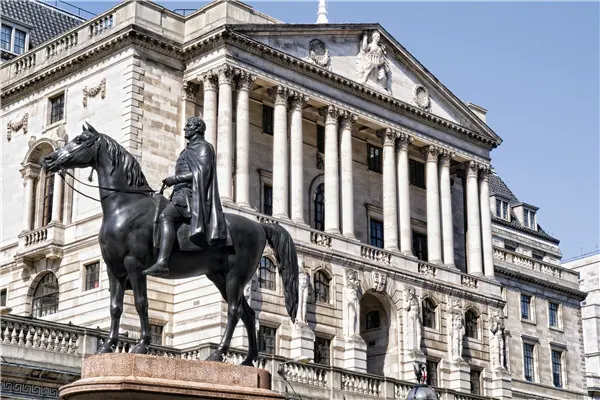Britain's central bank, the Bank of England (BOE), left its bank rate unchanged at a historic low on Thursday, in contrast to the United States's Federal Reserve which on Wednesday raised its interest rate.
The BOE left the bank rate at 0.25 percent, the level it cut the rate to in August as a response to the expected economic impact from the Brexit referendum vote on June 23.
The BOE has now not raised the bank rate since January 2007.
The U.S. Fed had similarly not raised the bank rate since the onset of the financial crisis, until it put up the rate by 25 basis points in December last year.
Fed Reserve chair Janet Yellen has now indicated that markets can expect the U.S. bank rate to rise three times during 2017.
The two advanced economies are now set on divergent monetary policy paths.
"It currently looks more likely than not to us that the BOE will be keeping monetary policy unchanged for a prolonged period (maybe out to 2020)," said Dr. Howard Archer, chief UK economist at IHS Markit in London.
Annual British CPI inflation rose 0.3 percentage points in November, according to figures released earlier this week, to 1.2 percent.
Economists are in agreement that the sharp fall in sterling against other currencies, especially the U.S. dollar, since the Brexit vote will put upward pressure on inflation in the coming year.
Minutes released on Thursday from the BOE's rate-setting Monetary Policy Committee (MPC) showed that the members, who voted unanimously in favor of holding the rate at 0.25 percent, thought that the British economy would slow down in 2017.
"A slowdown in growth remained likely," the minutes noted, but growth will still remain.
Members of the MPC felt that there are "limits to the extent to which above-target inflation can be tolerated," a warning they gave in the autumn.
Sterling still remains substantially lower than before the Brexit vote, but the recent rise in the trade-weighted sterling exchange rate is expected to result in "less of an overshoot of inflation relative to its target" than previously forecast, according to MPC members.
With growth slowing and inflation rising, a bank rate rise would be likely to stifle economic growth in Britain.
Paul Hollingsworth, UK economist at financial data analysts Capital Economics, said: "We think that the MPC will keep policy unchanged for the foreseeable future."
"Indeed, given the considerable degree of uncertainty surrounding the economic outlook, we think that interest rates will remain on hold until 2019. As a result, we expect a historically-stark divergence between U.S. and UK policy rates over the coming years," he added.
(APD)
 简体中文
简体中文

